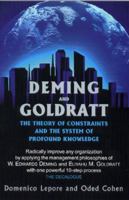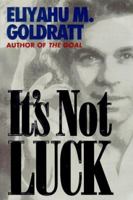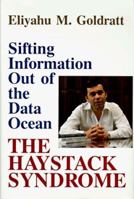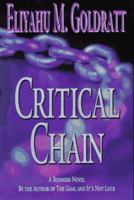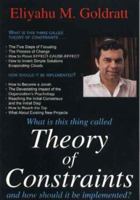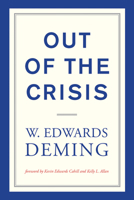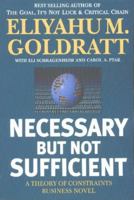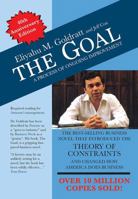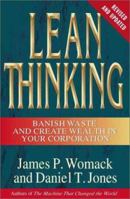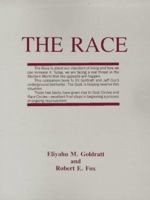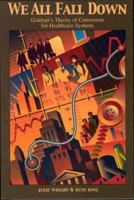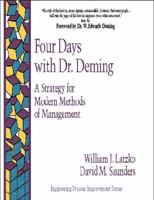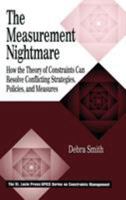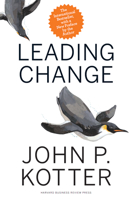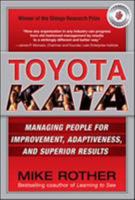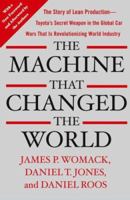The Missionary Position: Mother Teresa in Theory and Practice
Select Format
Select Condition 
Book Overview
You Might Also Enjoy
Customer Reviews
Rated 5 starsTells It Like I Experienced It
I was a volunteer for the Missionaries of Charity at their "Gift of Peace" hospice in Washington, D.C. Christopher Hitchens's account of how places like this are run rings true with my own experience. For example, I was tending to an AIDS patient who had to go to the bathroom and I needed serious assistance. None was to be found because the sisters were at their prayers. It may strike some as strange that the nuns were...
8Report
Rated 5 starsHitchens' book on Mother Theresa deserves a fair hearing
Christian theology teaches that everyone is imperfect and tainted by Original Sin. All human beings are tempted by the sin of pride and other vices. Why should Mother Theresa be any different? There are indeed serious questions that were never adequately answered regarding the large sums of money at her disposal. Were they spent according to the wishes of the donors, or was much of it siphoned off to other endeavors that...
2Report
Rated 5 starsTriple Entendre
In swift and sly prose, Hitchens relates his personal observations of Mother Teresa's clinics in Calcutta. He tells one story of a nursery full of starving, sick babies crying in insufficient cribs, which M. Teresa describes as the way "we fight abortion." He writes of men dying of AIDS, denied pain medicine, because according to M. Teresa, their suffering will assure them of ultimate salvation. Paitients too weak to object...
4Report














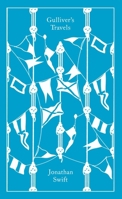





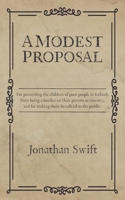






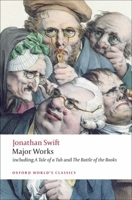






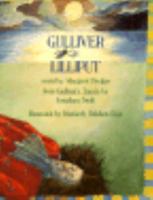

![Gulliver's travels, A tale of a tub [and] The battle of the books;](https://i.thriftbooks.com/api/imagehandler/s/D3DADC4C5037C11F54DBE4C9AF81498F733A42BD.jpeg)
